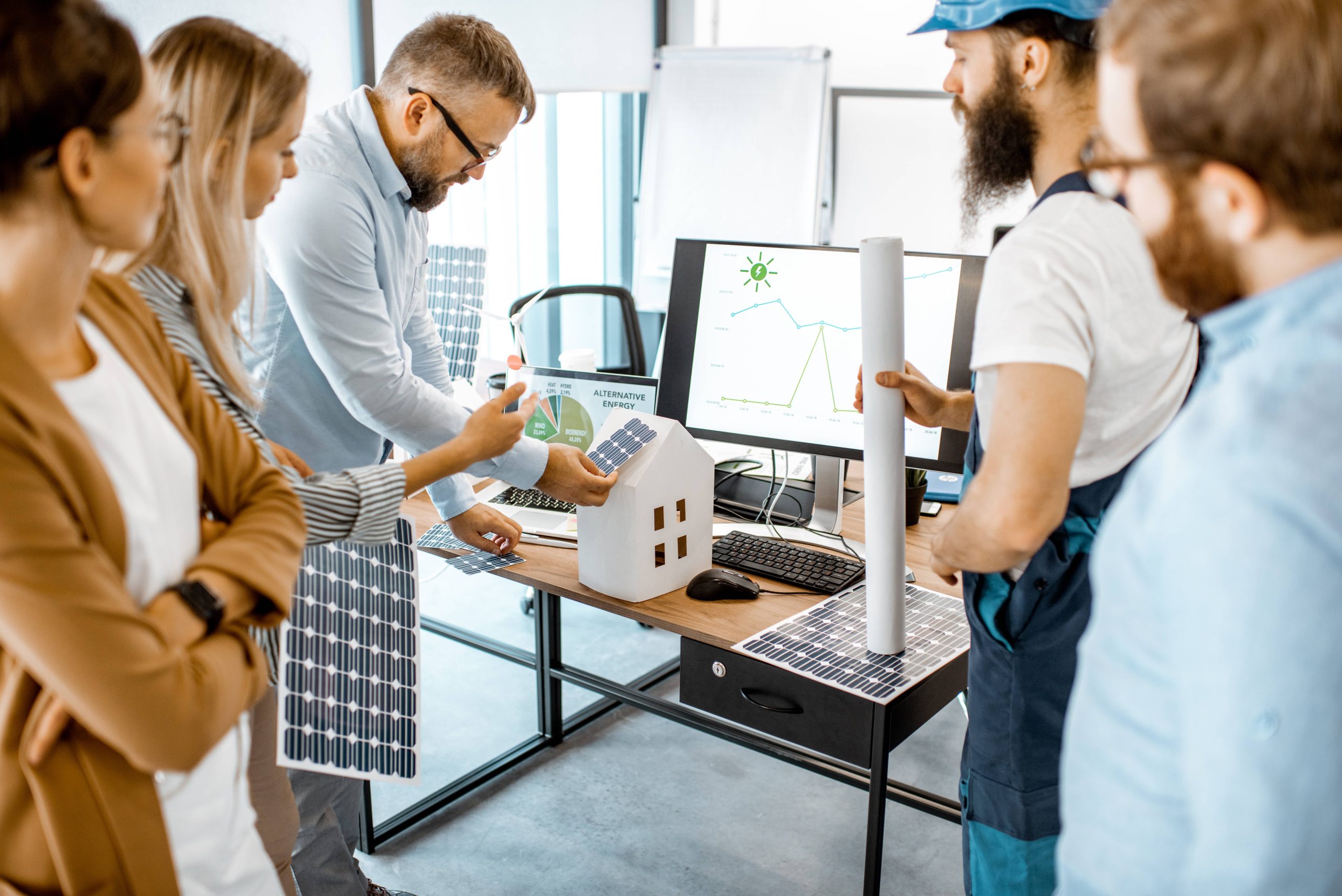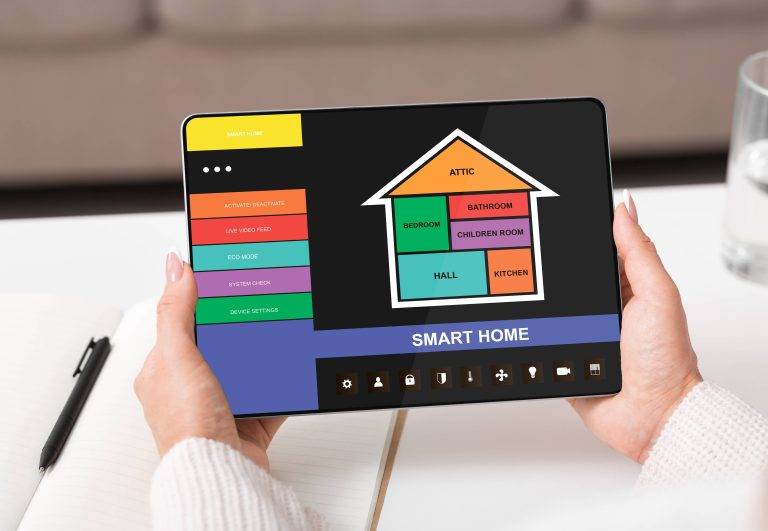
In today’s rapidly evolving world, the quest for improved energy efficiency and sustainability within our homes has never been more critical. With the increasing threat of climate change, rising energy costs, and the depletion of non-renewable resources, homeowners and governments alike are recognizing the urgency of reducing energy consumption and embracing greener alternatives. One technology emerging at the forefront of this transformative movement is Artificial Intelligence (AI). When integrated into smart home ecosystems, AI harnesses data analytics and machine learning to optimize energy management, significantly enhancing the sustainability and efficiency of our living environments.
The AI Advantage
Artificial Intelligence refers to the simulation of human intelligence in machines designed to think, learn, and perform tasks typically requiring cognitive skills. In the context of smart homes, AI leverages vast amounts of data from various connected devices to optimize energy use, resulting in compelling benefits for homeowners.
One of the most potent advantages of AI lies in its ability to enable adaptive learning. Through regular monitoring and data collection, AI can understand homeowners’ preferences and daily routines, making accurate predictions and adjustments automatically. For instance, AI can regulate heating or cooling systems in response to changing weather conditions or adapt lighting based on activity levels within the home. These refined energy management practices can lead to significant reductions in energy waste and, consequently, lower utility bills.
Predictive Maintenance
In addition to real-time optimization, AI also plays a vital role in predictive maintenance. Advanced machine learning algorithms can detect anomalies and inefficiencies in devices before they escalate into major issues, reducing the need for costly repairs and replacements. Early detection of equipment malfunctions means that devices such as HVAC systems, boilers, and other critical household appliances can be serviced or repaired in a timely manner, ensuring that they operate at peak efficiency. This proactive approach not only conserves energy but also extends the lifespan of these appliances, promoting sustainability through reduced resource consumption and reduced disposal of malfunctioning equipment.
Enhancing Renewable Energy Integration
AI can significantly augment the efficiency of renewable energy sources, such as solar panels and wind turbines, integrated within smart homes. By accurately forecasting weather patterns and energy consumption levels, AI can predict the optimal times to generate, store, and deploy energy from renewable sources. For instance, during periods of high solar productivity, AI can ensure that excess energy is directed towards charging home batteries or other storage systems, which can then be utilized during cloudy days or peak demand hours. This level of intelligent energy distribution maximizes the utilization of clean energy, reduces reliance on grid electricity, and contributes to a more resilient and sustainable energy ecosystem.
Demand Response and Load Balancing
AI also plays an essential role in managing demand response and load balancing within smart homes. Demand response involves adjusting the consumption patterns of connected devices to match the availability of electricity supply in response to grid conditions. During peak demand periods, AI can autonomously reduce the energy usage of non-essential devices, thus easing the strain on the grid. By adjusting the operational load on appliances and ensuring an even distribution of energy throughout the day, AI substantially improves the overall stability and efficiency of the energy grid.
The Integration of IoT and AI
The Internet of Things (IoT) forms the foundation of smart home systems, where interconnected devices communicate with each other and with AI systems to achieve seamless functionality. Smart thermostats, lighting systems, appliances, security cameras, and sensors collectively generate a massive amount of data. AI analyzes this data to provide actionable insights that fine-tune household energy usage patterns. By coordinating these IoT devices, AI can create a cohesive energy management strategy that adapitates to the specific needs and behaviors of each household.
For instance, a smart thermostat integrated with AI can learn when the home is typically occupied or vacant and adjust temperature settings accordingly to avoid heating or cooling an empty house. Similarly, smart lighting systems can be programmed to dim or turn off lights based on occupancy, thereby cutting energy use without compromising comfort or convenience.
Empowering Homeowners
Beyond automation, AI also empowers homeowners by providing detailed insights into their energy consumption patterns and suggesting ways to improve efficiency. Modern AI-driven energy management systems often come with user-friendly apps or interfaces that present real-time data and recommendations. Homeowners can receive alerts about unusual energy spikes, gain an understanding of which devices are the most energy-intensive, and take informed actions to reduce their carbon footprint.
For instance, AI can analyze monthly energy consumption trends and suggest optimal times to run energy-heavy appliances, such as dishwashers or washing machines, based on lower electricity rates or renewable energy availability. Moreover, the integration of AI with voice-controlled assistants, such as Amazon Alexa or Google Assistant, offers homeowners a hands-free way to manage and monitor their energy usage.
Overcoming Challenges and Privacy Concerns
While the benefits of AI in energy management for smart homes are extensive, it is essential to recognize and address potential challenges and concerns. Data privacy and security are paramount, as smart home systems handle sensitive information about user habits and behaviors. Manufacturers and service providers must ensure robust encryption and stringent data protection measures to safeguard against breaches and misuse.
Moreover, the effectiveness of AI systems depends on the accuracy and reliability of the data they receive. Inaccurate or incomplete data can lead to suboptimal energy management decisions. Therefore, ongoing maintenance, regular updates, and the interoperability of devices from different brands are crucial to ensure that smart home ecosystems remain efficient and reliable.
Conclusion
Artificial Intelligence represents a transformative leap forward in energy management for smart homes, providing significant enhancements in efficiency, sustainability, and convenience. Embracing AI-powered smart home systems enables homeowners to reduce their carbon footprint, lower energy bills, and contribute to a cleaner environment. By optimizing energy use, predicting maintenance needs, and enhancing the integration of renewable energy sources, AI is poised to play a central role in shaping the future of sustainable living. As technology continues to advance, AI-driven smart homes will become increasingly sophisticated, ultimately empowering us all to live smarter, greener, and more energy-efficient lives.







